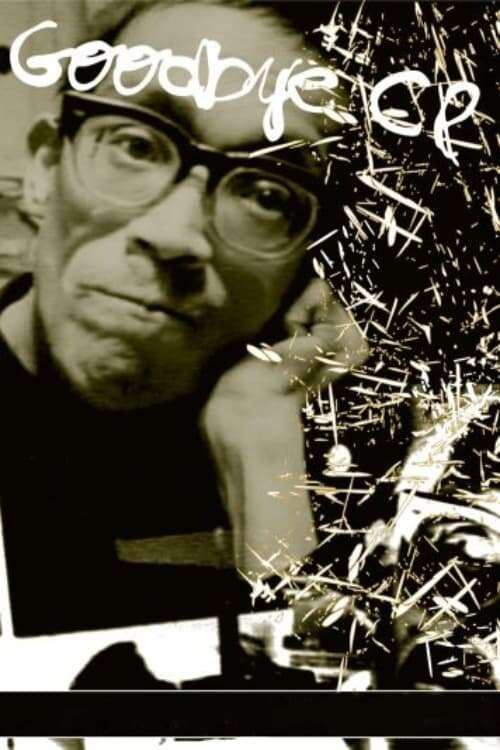"You with cerebral palsy, throw away your wheelchairs and walk on your knees!"
Hara Kazuo's first documentary features two activists, Yokota and Yoshiko, with cerebral palsy who claim their right to a full and complete life. In SAYONARA CP, Kazuo Hara delves into the lives of people suffering from cerebral palsy in Japan, offering a frank and unadulterated portrayal of their daily challenges. Breaking with the conventional view of disability as an object of compassion, Hara explores the protagonists' desires, frustrations and humanity, inviting the audience to confront the discomfort and prejudices that often accompany disability. With a direct and unconventional documentary style, SAYONARA CP shakes up the social and cinematic conventions of the time, revealing the resilience and inner struggle of those living on the margins of society.
Kazuo Hara (Ube, 1945) is a Japanese documentary filmmaker known for his bold, offbeat style, often focusing on marginalised or controversial subjects. After studying photography, Hara made his directorial debut with "SAYONARA CP", which immediately attracted attention for its radical approach to the representation of disability. Among his most famous works is "THE EMPEROR'S NAKED ARMY MARCHES ON" (1987), another denunciation film that consolidated his international reputation. Hara is considered a breakthrough figure in Japanese documentary filmmaking, thanks to his commitment to depicting uncomfortable and difficult realities.
